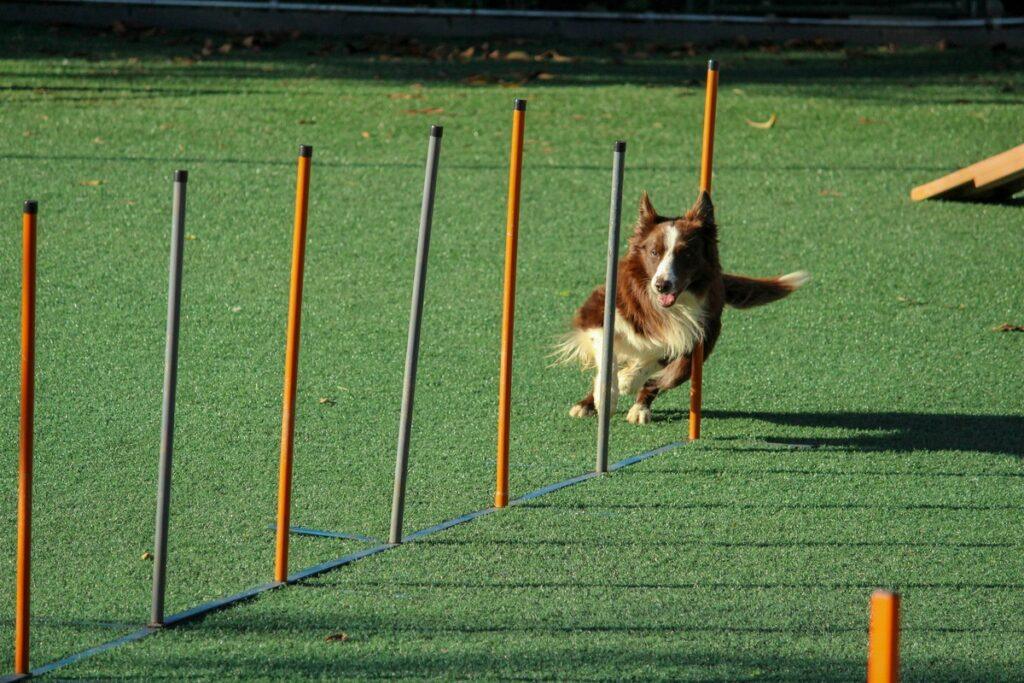No one enjoys being woken up by a barking dog in the middle of the night—especially your neighbors. If your pup’s nighttime vocalizing is becoming a problem, don’t worry. In this guide, we’ll explain why it happens and how to stop dog barking at night using safe, proven training methods that work. Nighttime barking is a common challenge among dog owners, but with structure and patience, it can be managed and even eliminated.
Why Do Dogs Bark at Night?
Understanding the cause is the first step. Dogs may bark at night due to:
- Environmental noises: Cars, animals, wind, or other dogs
- Loneliness or separation anxiety: Common in puppies and recently rehomed dogs
- Boredom or lack of exercise: Energy not burned during the day often surfaces at night
- Hunger or discomfort: Empty stomachs or needing to go outside
- Medical issues: Pain or cognitive decline in senior dogs
Many dogs are simply alerting their families to perceived threats or unfamiliar sounds. Nighttime is quieter, so every small noise is more noticeable to your dog’s sensitive ears. Identifying whether the barking is fear-based, alert-based, or habitual is key to choosing the right solution.
How to Stop Dog Barking at Night
1. Establish a Calming Nighttime Routine
Start with a walk before bed, followed by quiet bonding time. A consistent bedtime routine signals to your dog that it’s time to rest. Avoid intense play before sleep as it can overstimulate your dog. Calming activities like gentle brushing or lying together quietly can help ease your dog into a relaxed state.
2. Provide Enough Exercise and Mental Stimulation
Dogs that are tired are far less likely to bark out of boredom. Use puzzle toys, obedience training, and daily walks to help your dog burn energy and stay calm at night. Mental stimulation is just as important as physical activity, especially for intelligent breeds like Border Collies or German Shepherds.
3. Use a Crate or Safe Sleeping Space
Dogs feel secure in crates or designated sleeping areas. Crate training (when done positively) can reduce anxiety and create a sense of safety, minimizing barking caused by uncertainty. Make the sleeping area cozy, quiet, and away from drafty or high-traffic areas.

4. Minimize Nighttime Triggers
Close curtains, play white noise, and remove visual distractions if your dog is reacting to outside activity. Keep the environment dark and quiet. Some dogs may also benefit from calming music or even aromatherapy diffusers with lavender or chamomile (pet-safe only).
5. Don’t Reward the Barking
Resist the urge to comfort or yell at your dog for barking. Any attention, even negative, may reinforce the behavior. Wait for a pause in barking, then reward silence. Consider using a cue like “quiet” during the day so it can be reinforced at night.
When to Consult a Veterinarian or Trainer
If your dog’s barking is new, persistent, or accompanied by other symptoms, consult a vet to rule out pain or illness. A certified trainer or behaviorist can help if the issue is behavioral and not resolving with home strategies. Some dogs suffer from anxiety disorders that benefit from professional behavior modification or, in rare cases, medical intervention.
How Long Does It Take to Stop Dog Barking at Night?
Depending on your dog’s age, breed, and temperament, reducing or eliminating nighttime barking can take anywhere from a few days to several weeks. Consistency, calm responses, and removing underlying triggers are key. Keep a log of when the barking occurs and track your progress to better understand patterns.
In many cases, barking decreases significantly once the dog feels secure in its environment, follows a routine, and understands boundaries. Avoid punishing your dog, and instead reward quiet behavior with treats or calm praise.
For additional expert resources, check out the AKC guide on stopping unwanted barking.



